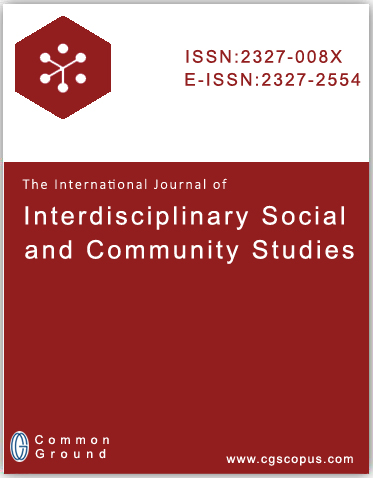FORENSIC SCIENCE AND JUDICIAL ACCURACY: AN ANALYTICAL PERSPECTIVE ON ITS INFLUENCE IN CRIMINAL ADJUDICATION IN INDIA
DOI:
https://doi.org/10.18848/wr94c654Abstract
The integration of forensic science into the criminal justice system has emerged as a pivotal development in enhancing judicial accuracy and minimizing miscarriages of justice. In the Indian context, where evidentiary standards have historically relied heavily on ocular testimony and circumstantial inference, the incorporation of scientific evidence represents both a normative and procedural evolution. This research critically examines the influence of forensic science on the adjudicatory process in India, particularly in light of the recent enactment of Bharatiya Nyaya Sanhita (BNS), 2023; Bharatiya Nagarik Suraksha Sanhita (BNSS), 2023; & Bharatiya Sakshya Adhiniyam (BSA), 2023. These legislative instruments signify a paradigm shift from testimonial-centric adjudication to a scientifically informed evidentiary regime. By engaging in a doctrinal analysis of statutory provisions and judicial interpretations, this research interrogates whether the new legal architecture adequately institutionalizes forensic methodologies as reliable and determinative tools in criminal adjudication. While acknowledging the potential of forensic evidence to elevate the epistemic legitimacy of criminal trials, the research also problematizes its uncritical acceptance in the absence of adequate procedural safeguards, infrastructural support, and regulatory oversight. Further, it explores the tension between scientific objectivity and constitutional safeguards, especially in contexts involving bodily privacy, self-incrimination, and due process. It ultimately argues that the transformative promise of forensic science must be anchored in judicial prudence and institutional integrity.










